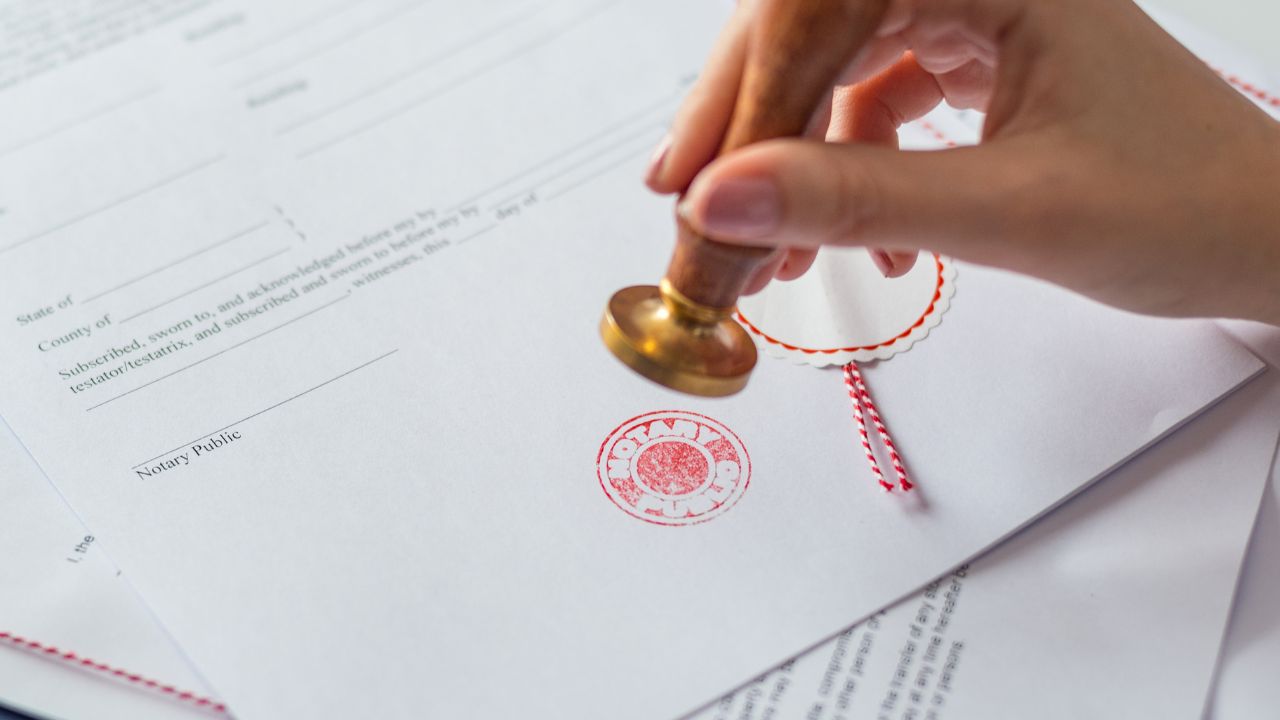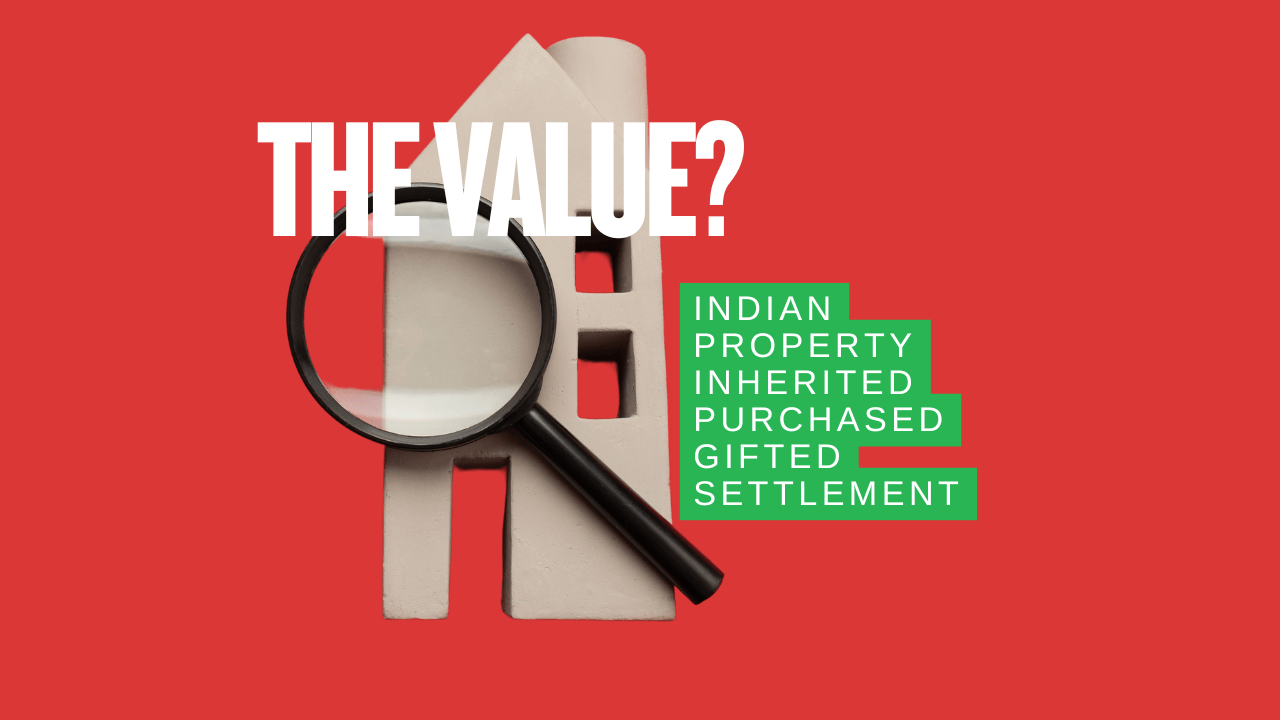An Indian Power of Attorney (POA) is an essential legal tool for those living in the UK, allowing them to delegate authority to trusted individuals in India for various tasks. These can include managing property, banking transactions, legal proceedings, or other administrative duties, all without the need for travel to India. However, creating a valid Indian POA from the UK requires meticulous attention to Indian legal standards and local procedures. This post provides an overview of how to make an Indian Power of Attorney in the UK.
Understanding the Indian Power of Attorney
A Power of Attorney grants one person (the Principal or Donor) the right to appoint another (the Attorney or Agent) to handle specified affairs on their behalf. In India, POAs fall under the Powers of Attorney Act, 1882, but each Indian state may impose additional requirements for stamping and registration. For NRIs or individuals with assets or obligations in India, an Indian POA eliminates the need to travel for every important transaction or legal matter.
Why Issue an Indian POA from the UK?
By executing a POA that meets Indian legal criteria, you avoid recurring travel and ensure continuity in handling your Indian affairs. A POA can be made for various reasons depending on specific circumstances, these may include:
- Property Management: Empowering someone to sell, lease, or manage real estate in India.
- Financial Transactions: Allowing an agent to operate bank accounts, secure loans, or oversee investments.
- Litigation and Administrative Tasks: Authorising representation in Indian courts, filing taxes, or completing other official work.
The process of making a valid Indian Power of Attorney in the UK will include the following:
Step 1. Select the Correct Type of Indian Power of Attorney
A starting point in the process of making an Indian POA in the UK is to be clear and concise on the nature and extent of work to be undertaken in India. Based on the type of work to be undertaken, you may select from one of the two main types of Indian Power of Attorneys, and choosing the correct type is important to ensure that the legal formalities are handled effectively and to avoid any potential misuse of the POA.
A General Power of Attorney (GPA) grants wide-ranging powers, covering property dealings, legal actions, and financial operations. It suits those anticipating multiple or ongoing responsibilities in India.
A Special Power of Attorney (SPA) restricts authority to specific actions, including selling a single property or attending a legal proceedings. This helps limit risks if your needs are narrow in scope.
Understanding the types of Indian Powers of Attorney is essential for effectively delegating and managing responsibilities.
Step 2. Select a Trustworthy Attorney
An Attorney is an individual selected by the Principal, to act on their behalf in their matters. Selecting an Attorney to serve as your trustworthy person is an important step in the process, as the Attorney will act in your name for financial and/or legal matters. Any acts undertaken by the Attorney are legally binding upn the Principal. The Attorney should be trustworthy and competent to undertake tasks under local laws and procedures.
Step 3. Draft the Indian Power of Attorney
The Indian POA document should be drafted using Indian legal language meeting the Indian legal standards. Ideally, it should be prepared by a legal professional who understands the specific requirements and scope under Indian Law. The document must include:
- The Principal’s full name, address, and contact details.
- The Attorney’s full name, address, and relationship to the Principal.
- Specific powers being delegated.
- Signatures of the Principal and Witnesses.
Contact our experienced Indian legal team for advice and assistance in drafting your Indian Power of Attorney on 0208 757 5751 or use our contact form.
Step 4. Notarisation in the UK
Once the POA is drafted, it must be signed by the Principal in the presence of a Notary Public. Notaries are primarily concerned with the authentication and certification of signatures, authority and capacity relating to documents for use abroad.
The Notary ensures the authenticity of the document and confirms that the Principal has the mental capacity to execute it. You will also require two witnesses to sign the Power of Attorney at the time of notarisation.
Step 5. Apostille or Attestation in the UK
As India is a signatory to the Hague Convention 1961, the POA may be Apostilled by the Foreign, Commonwealth & Development Office (FCDO). The Apostille certifies the Notary’s signature, making the document legally valid in India. However, local authorities might still insist on direct attestation by the High Commission of India (Indian Consulate in the UK). If in doubt, confirm the practice in the Indian jurisdiction where your POA will be used.
Step 6. Registration in India
After the legal process in the UK, the POA must be stamped and registered at the appropriate government office in India, such as the District or Divisional Commissioner’s office. In states such as Punjab, this registration must occur within three months of the document’s execution. Failure to do so renders the POA invalid.
Once the POA has been drafted and executed in the UK in the manner described above, the attorney may proceed to act on your behalf within the scope of the Power of Attorney.
Common Challenges when making an Indian POA in the UK
Incorrect Document Structure
Using a UK-oriented format can lead to rejection if the POA is not drafted under the requirements and structure of Indian Law.
Read more on why a UK POA is not valid in India: Can I Use a UK Power of Attorney in India?
Improper Execution
Skipping any steps in the execution process may lead to the POA document being rejected by the authorities in India.
Timing and Deadlines
Many states impose strict deadlines (often 90 days from the document’s execution) for POA registration. Failure to adhere invalidates the POA, requiring you to redo the process.
An Indian Power of Attorney prepared in the UK must satisfy Indian legal frameworks and local administrative procedures to be valid. By choosing the correct POA type, notarising properly, obtaining High Commission or Apostille certification, and completing the final registration in India, you can seamlessly manage property, financial, or legal tasks from abroad.
How Whytecroft Ford Can Help
Our experienced Indian legal team at Whytecroft Ford can assist you with making an Indian Power of Attorney in the UK. Our team will understand your requirements and provide a full and final document drafted in accordance with Indian Law. Also, we guide on the process you must undertake to validate your Indian POA in the UK.
Our Indian Power of Attorney Service simplifies the process and reduces the likelihood of errors or refusals.
Get in touch with our friendly professionals to discuss how we can assist you.
Frequently Asked Questions
If you anticipate multiple tasks over time, opt for a GPA. For a single purpose (like selling a property), an SPA or a Limited POA is sufficient.
For property or major financial matters, local authorities in India often require it. Some states may accept an Apostilled document instead. Always check local requirements.
Set restrictions in the POA, require periodic reporting, and appoint someone you trust implicitly. If issues arise, revoke the POA in writing and notify relevant offices.
Changing a registered POA often requires executing a fresh document, then undergoing the same notarial and registration steps.






